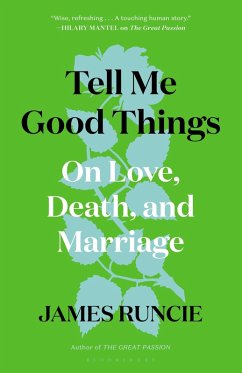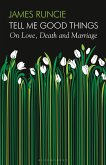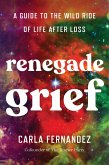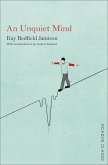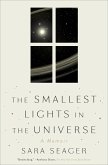A profound examination of grief and a great celebration of love by internationally bestselling author James Runcie.
In early 2020, as the world sunk into the pandemic, James Runcie and his wife Marilyn Imrie were going through a different, far more personal tragedy. After 35 years of miraculously happy marriage, they learned that the painful, frustrating symptoms Marilyn had been experiencing for two years were a sign of Lou Gehrig's Disease. With this diagnosis, during the isolation and strangeness of the pandemic, James and Marilyn's lives were transformed.
Now, in his startling and intimate memoir, James tells the story of Marilyn's illness and death--in all its moments of tragedy, rage, and strangeness--while painting a vivid portrait of her life, in all its color, humor, and brightness. Tender, funny, and deeply true, Tell Me Good Things is an unforgettable story of life before death and love after grief.
In early 2020, as the world sunk into the pandemic, James Runcie and his wife Marilyn Imrie were going through a different, far more personal tragedy. After 35 years of miraculously happy marriage, they learned that the painful, frustrating symptoms Marilyn had been experiencing for two years were a sign of Lou Gehrig's Disease. With this diagnosis, during the isolation and strangeness of the pandemic, James and Marilyn's lives were transformed.
Now, in his startling and intimate memoir, James tells the story of Marilyn's illness and death--in all its moments of tragedy, rage, and strangeness--while painting a vivid portrait of her life, in all its color, humor, and brightness. Tender, funny, and deeply true, Tell Me Good Things is an unforgettable story of life before death and love after grief.
James Runcie's account of losing his wife to MND is vivid, bleak and wonderful… Where Runcie is excellent is in laying bare his own grief, its narcissism and the 'bizarre freedom' is gives him not to care anymore… As an instructive examination of how to find hope in the thralls of depair, Tell Me Good Things is a wonderful addition to the literature of bereavement – and it is most definitely not just for its writer

